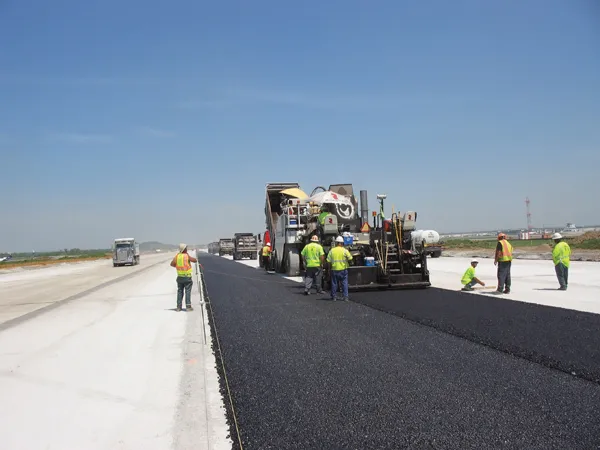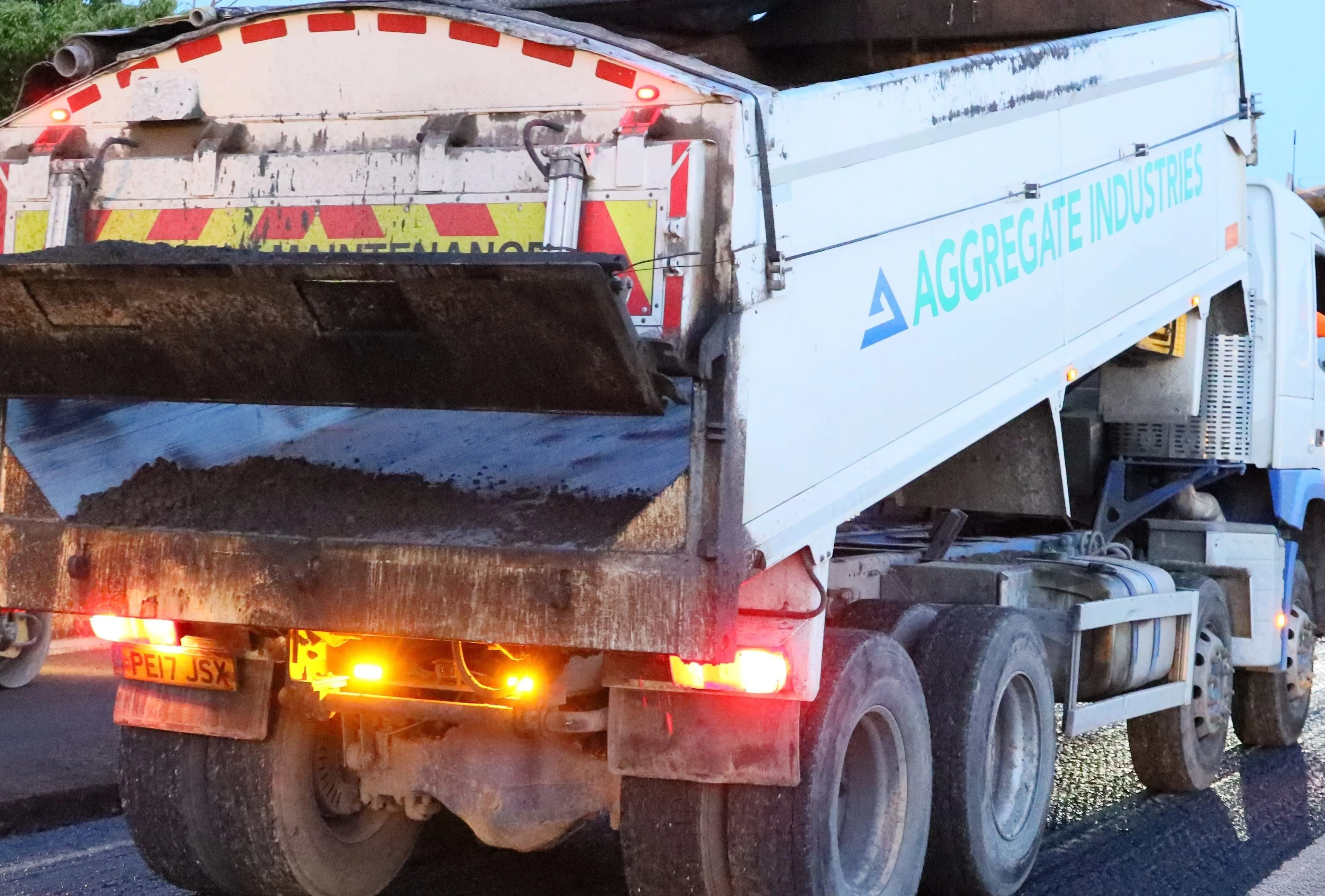Nashville International Airport in the US state of Tennessee has revamped its facilities following extensive upgrades being carried out on its oldest runway in a project worth some US$23 million. The airport authorities realised that to improve both capacity and safety a major improvement of runway 2L-20R was required, with full-depth reconstruction needed to provide the necessary structural strength and working life. Engineering firm Garver Aviation worked on the project to rehabilitate the portion of Runw
February 17, 2012
Read time: 3 mins

Nashville International Airport in the US state of Tennessee has revamped its facilities following extensive upgrades being carried out on its oldest runway in a project worth some US$23 million. The airport authorities realised that to improve both capacity and safety a major improvement of runway 2L-20R was required, with full-depth reconstruction needed to provide the necessary structural strength and working life.
Engineering firm2815 Garver Aviation worked on the project to rehabilitate the portion of Runway 2L/20R south of crosswind Runway 13/31 and the project involved building a new concrete runway. Garver provided planning, design, bidding, and construction support and employed some of the latest construction technology, including sophisticated software tools from 4019 Bentley Systems to boost collaboration between the various team members. Using this advanced technology allowed Garver to meet a tight time schedule set by the airport authorities and the 2423 Federal Aviation Administration. Garver used a novel concrete-recycling method to re-use the old runway surface and save the client a considerable sum in materials.
Runway 2L/20R serves as the outbound runway for the airport's Surface Movement Guidance and Control System (SMGCS) and carries a significant portion of the site's cargo operations. However the 35-year old runway was suffering accelerated deterioration due to an alkali-silica reaction. During the project's preliminary stages, Garver approached the Metropolitan Nashville Airport Authority (MNAA) and requested a contract amendment to pursue additional runway testing to determine if the pavement would be suitable for a recycling process to convert old concrete into usable aggregate. After receiving approval, subconsultant KS Ware determined that the Recycled Concrete Aggregate (RCA) method could deliver the required aggregate strength and durability and also be resistant to the alkali-silica reaction.
The runway was closed, and construction crews demolished the pavement with a guillotine breaker. The broken out material was trucked to an on-site crushing and screening plant, pugmilled the blend to moisture condition it, and returned the aggregate to the project as a crushed material to provide a base course for the new runway. Approximately 2,134m of 457-914mm concrete pavement was recycled, including the steel dowel and reinforcement bars.
This process proved to be cost effective as there was no need to haul the concrete waste away from the airport. This was significant as it reduced the cost of aggregate placement from $26.91/ton for virgin material to $4.87/ton for the recycled concrete aggregate. According to Robert Ramsey, Metropolitan Nashville Airport Authority director, "Using the recycled concrete eliminated the need for trucking materials, provided cost savings, and enabled site work to be performed quickly. Garver returned a critical piece of our airfield back to service, and the entire process proved to be very successful." This project also included modifications to every taxiway touching the runway, 10.67m wide asphalt shoulders, full-length in-pavement centreline lights, touchdown zone lights for the 2L approach, drainage work, stormwater management, airfield signs, erosion and sediment control, and pavement markings.
Engineering firm
Runway 2L/20R serves as the outbound runway for the airport's Surface Movement Guidance and Control System (SMGCS) and carries a significant portion of the site's cargo operations. However the 35-year old runway was suffering accelerated deterioration due to an alkali-silica reaction. During the project's preliminary stages, Garver approached the Metropolitan Nashville Airport Authority (MNAA) and requested a contract amendment to pursue additional runway testing to determine if the pavement would be suitable for a recycling process to convert old concrete into usable aggregate. After receiving approval, subconsultant KS Ware determined that the Recycled Concrete Aggregate (RCA) method could deliver the required aggregate strength and durability and also be resistant to the alkali-silica reaction.
The runway was closed, and construction crews demolished the pavement with a guillotine breaker. The broken out material was trucked to an on-site crushing and screening plant, pugmilled the blend to moisture condition it, and returned the aggregate to the project as a crushed material to provide a base course for the new runway. Approximately 2,134m of 457-914mm concrete pavement was recycled, including the steel dowel and reinforcement bars.
This process proved to be cost effective as there was no need to haul the concrete waste away from the airport. This was significant as it reduced the cost of aggregate placement from $26.91/ton for virgin material to $4.87/ton for the recycled concrete aggregate. According to Robert Ramsey, Metropolitan Nashville Airport Authority director, "Using the recycled concrete eliminated the need for trucking materials, provided cost savings, and enabled site work to be performed quickly. Garver returned a critical piece of our airfield back to service, and the entire process proved to be very successful." This project also included modifications to every taxiway touching the runway, 10.67m wide asphalt shoulders, full-length in-pavement centreline lights, touchdown zone lights for the 2L approach, drainage work, stormwater management, airfield signs, erosion and sediment control, and pavement markings.








